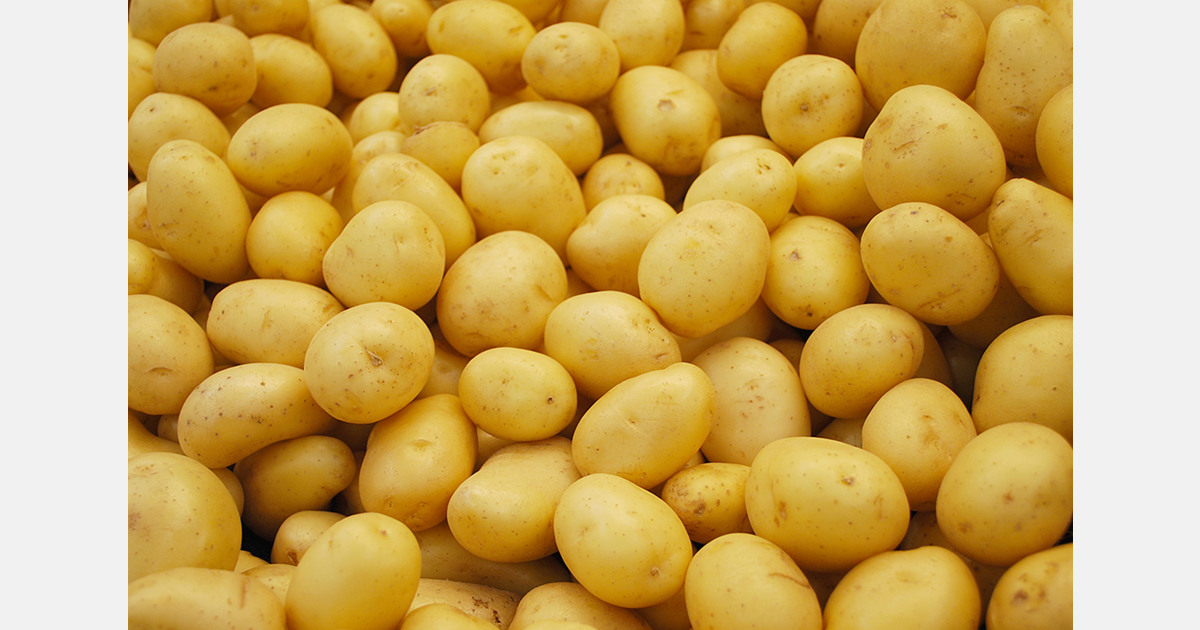
The South Korean government is revisiting the import approval process for a genetically modified organism (GMO) potato developed in the United States, echoing controversies from 2018 and 2019. The Rural Development Administration (RDA), led by Commissioner Kwon Jae-han, has assessed that a GMO potato variety meets environmental safety standards, removing a barrier to its import.
This decision coincides with renewed trade pressure from the U.S., leading to concerns about the ease of entry for U.S.-grown GMO potatoes into South Korea. Peasant unions have noted that the RDA’s environmental risk assessment for the GMO potato variety ‘SPS-Y9’—developed by J.R. Simplot—deems it poses minimal risk if unintentionally released into South Korea’s agricultural environment.
An editorial in the Korean Peasant Newspaper (KPL News) highlights parliamentary audit data showing a ninefold increase in processed GMO food imports over the past decade. The delay in establishing systems to protect food safety and consumer rights is noted, leaving the public to face potential consequences.
Beyond processed foods, imports include six GMO crops: soybeans, corn, cotton, canola, alfalfa, and sugar beets. Authorities are now considering GMO potatoes, a controversial product, for South Korean consumers. Potatoes, already a staple crop in South Korea, are widely cultivated, ensuring their availability is not an issue.
French fries, popular in fast food, are a concern due to the lack of labeling requirements for GMO ingredients in food service businesses. This increases the risk of consumers unknowingly consuming fries made from GMO potatoes, prompting calls for government action on food safety. Peasant unions argue that officials dismiss public concern as irrational fear, ignoring civic organizations and lawmakers’ apprehensions.
KPL News points out the timing of the RDA’s decision, which occurred five days before South Korea’s Minister of Trade, Industry and Energy’s U.S. visit (March 26–28) to meet the U.S. Secretary of Commerce. This timing has led to speculation that the government is reducing non-tariff barriers under U.S. pressure.
In September 2016, the RDA approved Simplot’s GMO potato ‘SPS-E12’ as environmentally safe. The Ministry of Food and Drug Safety (MFDS) later deemed it posed no food safety risks in 2018, but critics labeled the review as “hasty.” Opposition from peasant unions and civil groups has stalled imports since 2018–2019, with Simplot’s ‘SPS-X17’ variety still under assessment.
Controversy over Simplot’s GMO potatoes dates back to 2018, when safety questions arose. Dr. Caius Rommens, a former Simplot scientist, revealed that the genetic modification process led to toxic compound buildup. Peasant union leader Shin warned that importing GMO potatoes could affect domestic self-sufficiency, lower prices, increase unlabeled GMO products, and heighten food safety risks.
Peasant unions threaten large-scale protests unless the government withdraws the GMO potato import approval process to protect the nation’s food supply and farming families’ livelihoods.
Source: Campesina
Source: The Plantations International Agroforestry Group of Companies
